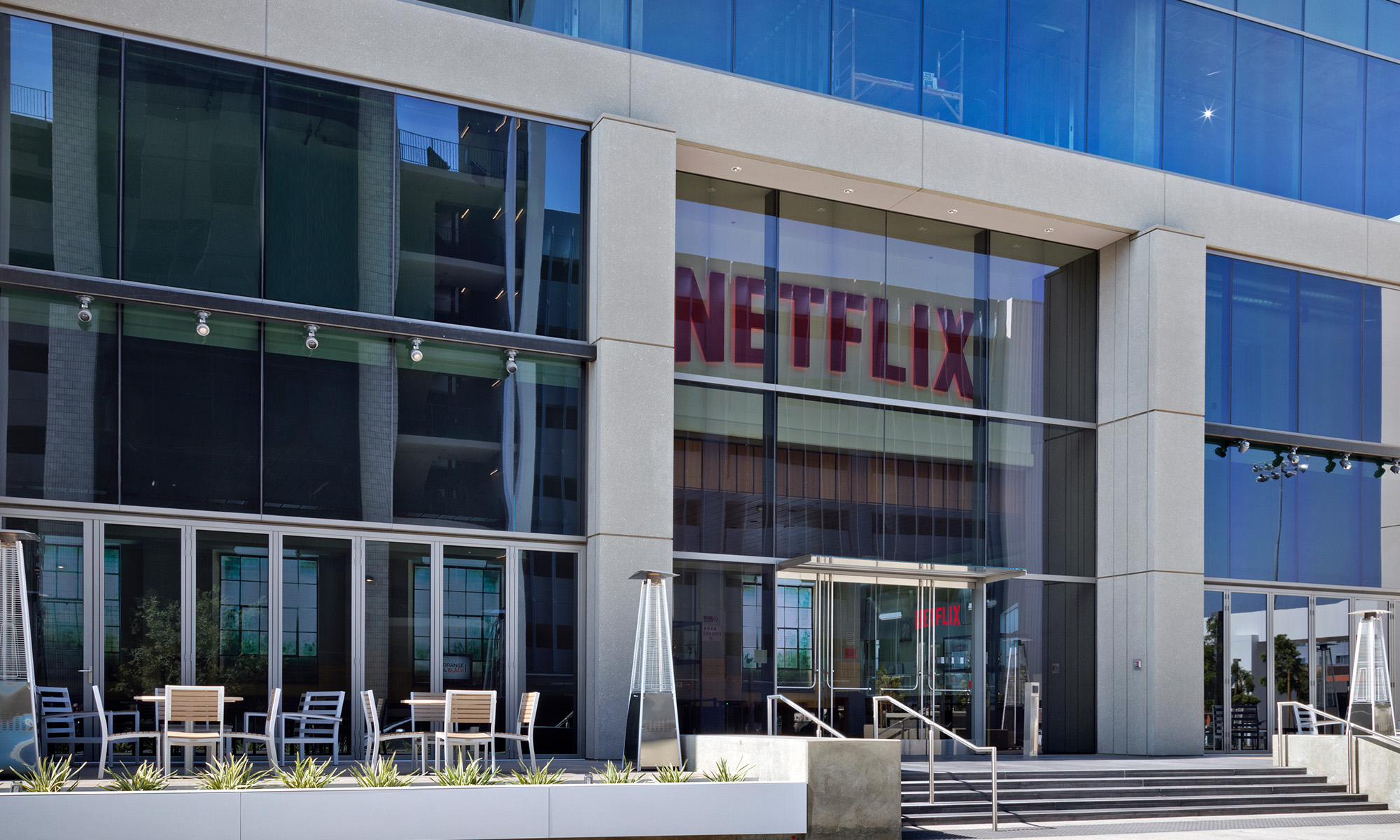While its shares haven't been immune to the recent stock market slump, Netflix (NFLX 0.04%) is defying gravity lately. The stock is up 5% in the past three months even as the S&P 500 dived 20% on COVID-19 fears.
Investors see the streaming video giant as a safe bet for continued growth as people around the world prioritize at-home entertainment during coronavirus containment efforts. Netflix might remain an attractive business during any economic downturn, too, since consumers are likely to find room in their budgets for its relatively small monthly fee even if incomes decline.
But is Netflix stock a good buy today? Let's look at why you might consider purchasing shares if you don't already own this top-performing growth stock.

Image source: Getty Images.
An already strong growth profile
Netflix recently closed the books on a banner fiscal 2019. Yes, the company's membership gains slowed for the first time in years. But it still tacked on an additional 28 million subscribers despite the twin challenges of price increases and new competition from the likes of Apple and Disney.
Those rising prices supercharged earnings growth, meanwhile, as operating profit margin rose to 13% from 10%. Management has targeted a 3-percentage-point boost in that core metric and has achieved that goal in each of the last three years. As a result, annual earnings are up, at $2.6 billion, or three times the haul from two years ago.
Investors are probably right to think that the consumer behavior changes brought on by the COVID-19 containment efforts will support, rather than harm, Netflix's business. The company has had to find ways to increase streaming efficiency to avoid overwhelming ISPs in countries like Italy and Spain, where most people are hunkered down in their homes. A similar demand boost almost certainly began in the U.S. in mid-March.
A virtuous cycle
Netflix users pay on a monthly basis rather than on-demand, and so there won't be a big immediate benefit from all the extra streaming. But its pricing trends follow engagement levels in a predictable fashion.
When CEO Reed Hastings and his team execute well enough to entice users to spend, say, 10% more time per day using their service, then they can boost prices by about the same amount. "If we do a good job of judiciously investing the money that our members give us each month," an executive told investors in late January, "then we occasionally earn the ability to come back to them and ask for a little bit more money to keep that virtuous cycle of improvements going."
The key risks
On the downside, there are significant risks that might threaten Netflix's ability to continue trouncing market averages. The first is its weak cash position. The company burned through over $3 billion last year alone due to the capital-intense pressures that come from its huge original-content production pipeline. Cash might be even more valued in a sharp economic slowdown.
Second, Netflix's value is widely known in the investing world, as demonstrated by its rising stock price in a brutal market. That optimism makes it less likely that you'll get a fantastic deal by purchasing shares during today's bear market.
Still, it's better to own a fantastic business at a fair price than a fair business at a fantastic price, to paraphrase investing master Warren Buffett. Netflix was a strong growth company before global COVID-19 efforts put a premium on at-home entertainment, with management having predicted its first big step toward positive cash flow in 2020.
Investors can look forward to confirmation of those improving financial and operating trends when the company announces its first-quarter results on April 21. If you're optimistic about Netflix's long-term growth profile, though, you could consider buying shares before that release.






